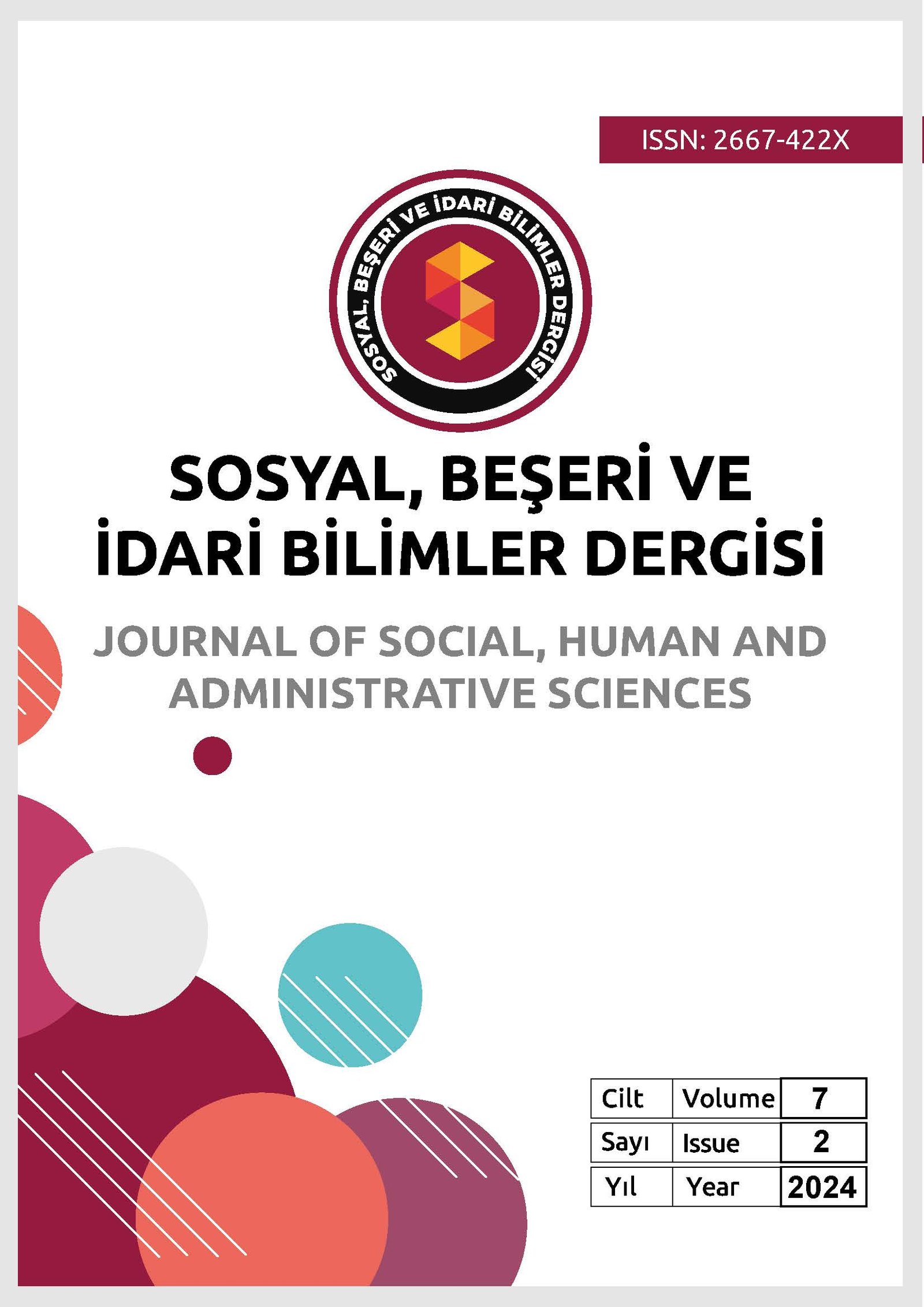Father-Child Interaction: Adaptation Study of the Rough and Tumble Play Quality Observation Form
Main Article Content
Abstract
Play has an important place in fathers' interaction with their children. Unlike other types of plays, rough-and-tumble plays are among the plays that fathers play most with their children. While fathers have fun with their children in this play, they also contribute to their development. In this context, examining father and child interaction through rough-and-tumble plays can provide great opportunities to explore different aspects of father-child interaction. The aim of this research is to adapt the Rough and Tumble Play Quality (RTPQ) observation form, developed by Fletcher, StGeorge and Freeman (2013) to measure father-child interaction, into Turkish. The study group of the research consists of children aged 48-73 months and their fathers. The language validity, content validity and structure validity procedures performed to adapt the scale showed that the factor loadings of the sixteen items in the form varied between 0.69 and -0.90 and the Cronbach's alpha (α) value of the unidimensional structure of the form was 0.97. Additionally, the Parent Child Interaction Observation Form (PICOLO) was used for similar scale validity. In this context, a positive and high-level relationship was found between the measurements obtained from the İKOK scale and the measurements obtained from the sub-dimensions of the PICOLO scale. As a result of these findings; it has been observed that the rough and tumble play quality observation form is a valid and reliable measurement tool.
Article Details

This work is licensed under a Creative Commons Attribution 4.0 International License.

